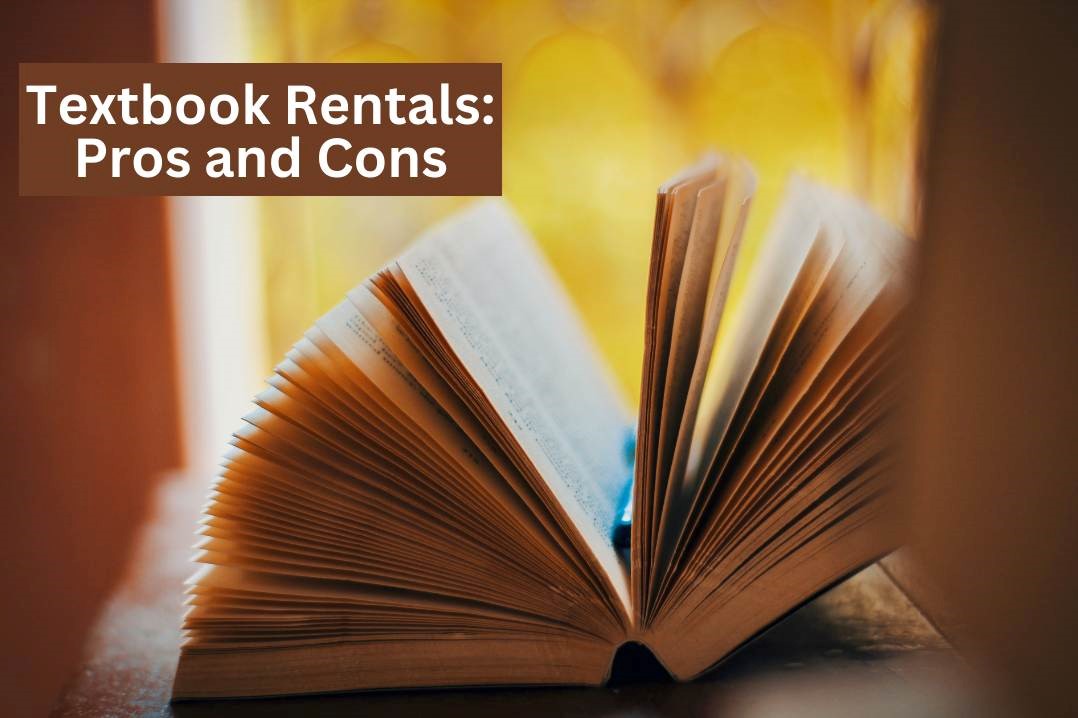Deciding when to apply to college is a major step for high school students. While some start the process in their senior year, it is better to begin planning as early as sophomore year. Your individual goals play a role, but many colleges provide specific timelines for applications. If you are wondering when to start applying, it is helpful to read on and learn more about the process.
When should you start applying to colleges?
If you are in your junior year of high school, it is time to think about it. You do not have to apply right after your sophomore year, but it is good to start looking at different colleges and what they offer. This will help you figure out what you want from college.
It is a good idea to begin the application process during the summer before your senior year. This gives you plenty of time before most deadlines, which usually come up in the early winter. If you want to be really prepared, you can even start some college applications in your junior year. The earlier you start, the more time you must decide on the right college for you. Applying early also means you will get responses sooner, giving you time to make your decision.
Some schools offer something called rapid decision, where you can submit your application before the standard deadline. This is great if you already know which university you want to attend. It can make the rest of your time in high school less stressful. This article provides tips on:
- Checking the requirements for college applications
- Knowing the deadlines for applying
- Figuring out how to increase your chances of getting into college
Checking the requirements for college applications
Before you apply to college, do these things:
Take Standardized Tests:
Tests like the SAT and ACT used to be important for college, but now, many colleges do not need them. That does not mean you should not take these tests—they can still show your skills, but they do not decide if you will do well in college. If you are thinking about Western or other colleges, make sure to check what they want from you, especially if you are a new student.
AP Exams might not be needed for some colleges, but it is good to check each school's website for details. Even if these scores do not count in your application, doing well on AP Exams can help you get college credits and decide what you want to study.
Ask for Recommendation Letters
Getting letters of recommendation is an important part of applying to college. These letters help the people in charge of admissions get to know you better, beyond just your grades. They come from folks who know you well, like your teachers, coaches, or bosses, and show a fuller picture of who you are.
When you ask for these letters, talk to people who have been important in your life and school. It could be teachers, coaches, bosses, or anyone you admire. Remember to be aware of their schedules and remind them of the deadline so you can have these letters ready for your college application on time.
Check the Application Form:
When you start filling out a college application, take a good look at the questions and things you need to provide. Knowing what you have to do is important for your college application. It helps a lot if you read the application early so you can think about how to answer the questions. Also, you can get all the papers you need together without rushing at the last minute. Being prepared makes the entire process easier.
Start Thinking about Essays:
Writing the essay is a big part of applying to college. It is your chance to talk about something important to you. Like the letter of recommendation, the essay helps the admissions officer understand you better, beyond just your grades.
When you get the essay question, take your time. Think about ideas and write drafts to express what you want to say. Decide on the tone and voice you want—do you want to be funny, serious, or adventurous? You can choose how you want to tell your story. If you are stuck, you can look for examples online to get some good ideas.
Do Well in School:
Thinking about college is exciting, but it is important not to get distracted from your current schoolwork. Colleges check your academic record until you graduate high school. They can change their offer if they see any issues with your actions or grades. Finish high school on a positive note, keeping your focus on your studies while also looking ahead to your future school and its programs. Stay committed to doing well in your current classes.
Talk to Your School Counselor
Talking to your school's college counselor is a helpful thing to do when you are thinking about college. They can help you find a good match based on your grades and what you like. Getting to know your counselor can give you useful info to decide which schools are a good fit, like where they are, how big they are, and how much they cost.
You can also ask friends and family who have been to college for advice about specific schools. Choosing a college is a personal decision, so doing good research helps you feel sure about your choice.
Visit Colleges if You Can:
An important part of getting ready for college is visiting different ones. It is hard to know if you will like a school without going there. Walk around, ask questions, and explore the campus.
Start visiting early so you can see lots of schools. They can be quite different in terms of where they are, what they offer, the vibe, and the people. Figure out what you like and find a school that feels good for you. If you know someone at a school, try staying overnight to see what it is like from a student's point of view.
Starting early and staying organized makes applying to college easier. Ask for help from teachers or family if you need it. Good luck!
Knowing the deadlines for applying
College applications usually start opening in early August, giving students a few months to finish and submit them. One widely used application is the Common Application. If the colleges you are interested in accepting this, remember it opens on August 1st and typically closes on either January 1st or January 15th. It is essential to check which application method each of your chosen schools prefers and note their specific deadlines. Keep in mind that these deadlines can change, so stay informed about the application you are working on to ensure you submit everything on time.
Early Action:
Applying early is an excellent choice for students who want to finish their work early and hear back about their application quickly. It is not binding, which means you can still apply to other schools. Choosing action shows the college that you are enthusiastic about joining.
This option is especially helpful if you are aiming for more competitive or "reach" schools. You will find out about your application status before the deadlines for many other schools, providing flexibility to complete more applications.
In case you are waitlisted or declined, you have enough time to apply to another school, giving you more opportunities in the college selection process.
Early Decision:
Choosing an early decision is like saying you are sure about going to one specific school. It is a strong commitment, and once you say yes, you must go there. But be careful because if you change your mind, there can be problems.
Applying early shows the school that you are super dedicated to going there. But there might be some effects on your application status, and you will not know about financial aid before applying. This could be tricky for students who need financial help. Some schools might help you figure out your options for financial aid if you choose an early decision.
Rolling Admissions:
Rolling admissions usually start in early fall, and you can send in your application anytime during that time. If you are quick with your application, you can submit it whenever you want while they are still accepting.
It does not really matter if you apply early or late, but some offices might like that you know when the deadlines are.
If you apply early, you might hear back about your application sooner because there are fewer applications to go through. This is different from the end when they look at all applications together. If you are excited to get answers and do not have a favorite school, rolling admission is an excellent choice.
Regular Decision:
- Deadline: January to February
- Admission Decision: March to April
- Standard option for most students, giving ample time to apply. Decisions usually come between March and April, with colleges informing students by May 1st.
Figuring out how to increase your chances of getting into college
There is not a perfect recipe for getting into college, but there are some steps to take before applying. This is not a complete guide, but it gives helpful tips to stay ahead and apply to colleges. Before anything else, make sure going to college is the right choice for you and fits with your career goals.
A Timeline - When to start applying for college?
People often ask, "When can you start applying to colleges?" This timeline helps you know when to apply to your chosen colleges. If you missed some of these times, do not worry. You can still start applying for college as late as your junior or senior year.
Middle School:
- If aiming for an exclusive college, start planning early.
- Explore the college's requirements.
- Plan to meet academic and extracurricular goals in high school.
Entering High School Freshman:
- Meet with your high school's guidance counselor.
- Share your future goals and seek advice on achieving them.
- Get guidance on class choices, club participation, and options for success.
High School Sophomore:
- Take the PSAT and PreSAT.
- Begin preparing for the ACT and SAT for better test scores.
High School Junior:
- Take the ACT and/or SAT.
- Narrow down college choices.
- Discuss options with your school counselor.
Entering Senior:
- Research college websites for application deadlines.
- Plan college visits.
High School Senior:
- Apply for early admission in the fall.
- Apply for regular admission to backup schools.
- Start drafting a personal essay.
- Explore financial aid options, including federal student aid.
- Apply for scholarships.
- Consider re-taking the ACT/SAT for improved scores if necessary.
If you have missed some timelines, do not worry—there are still options. You can start the college application process as late as your junior or senior year.
Final Words
When applying to college, it is important to know about different application types like Early Action or Early Decision. Choose the one that suits you best. Keep track of deadlines for each school and what they need from you. Whether you want a quick decision, are committed to one school, or prefer flexibility, make choices that match your goals. Ask for advice from counselors or mentors if you are unsure. Most importantly, be sure that going to college is the right choice for what you want to do in the future.
FAQs
When should I start preparing for college applications?
It is an innovative idea to start researching and visiting colleges during your junior year of high school. This will give you time to understand what you want and stay on top of important deadlines.
When is the ideal time to begin the college application process?
It is recommended to start applying during the summer before your senior year. This allows you to have ample time before most deadlines, which usually fall in the early winter.
Can I begin some college applications during my junior year?
Absolutely! Starting some applications during your junior year can be a proactive approach. It gives you a head start and more time to decide on the right college for you.
What are the benefits of Early Action in college applications?
Early Action is a great option for those who like to finish early and receive a quick decision. It is not binding, providing flexibility to apply to more schools if needed.
Is there an advantage to applying through Rolling Admissions?
Rolling Admissions allows you to submit your application anytime during the open period. While there is no direct advantage to applying early, it might result in an earlier decision, making it a desirable choice for those eager to get answers.
References
- Springer, S. P., Morgan, J. V., Griesemer, N., & Reider, J. (2023). Admission matters: What students and parents need to know about getting into college. John Wiley & Sons.
- Pallais, A. (2015). Small differences that matter: Mistakes in applying to college. Journal of Labor Economics, 33(2), 493-520.









